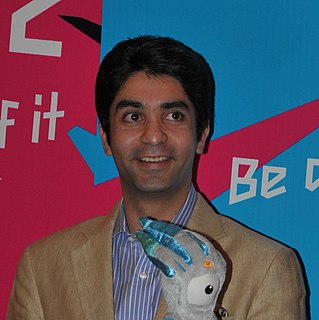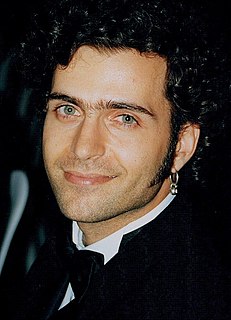A Quote by Eric Hobsbawm
All professionals, whether physicists, economists or musicians, live by and for peer judgment, even when they are being paid by people who cannot tell the difference.
Quote Topics
Related Quotes
Physicists only talk to physicists, economists to economists-worse still, nuclear physicists only talk to nuclear physicists and econometricians to econometricians. One wonders sometimes if science will not grind to a stop in an assemblage of walled-in hermits, each mumbling to himself words in a private language that only he can understand.
To know whether you can trust a particular intuitive judgment, there are two questions you should ask: Is the environment in which the judgment is made sufficiently regular to enable predictions from the available evidence? The answer is yes for diagnosticians, no for stock pickers. Do the professionals have an adequate opportunity to learn the cues and the regularities? The answer here depends on the professionals' experience and on the quality and speed with which they discover their mistakes.
But there is a world of difference between dancing and watching a dance performed by a group of professionals who are paid for it. You work hard during the day, and when you are tired in the evening you go to a concert to watch others dancing. It is all you can do, but it is not even an apology for celebration.
Your peer group are people with similar dreams, goals and worldviews. They are people who will push you in exchange for being pushed, who will raise the bar and tell you the truth. They're not in your business, but they're in your shoes. Finding a peer group and working with them, intentionally and on a regular schedule, might be the single biggest boost your career can experience.
There is such a thing as righteous judgment, but it seems that lately the word 'judgment' has become a curse word, period. The issue isn't whether or not we're insightful enough to avoid being judgmental, but whether or not we're secure enough to accept being judged. It is inevitable for every conscious human being to judge. It may spring from insight and experience and sincerity, and in such cases, it is quite beneficial on the receiving end.
I went to Havana, and I was like, "Wow, there's culture everywhere!" That was one thing that I did notice when I went to Cuba was that artists are paid to be artists, and poets are paid to be poets, and musicians are paid to be musicians by the government. The government - and I'm not saying that the Cuban government's perfect - but the government does place a value on culture.







































